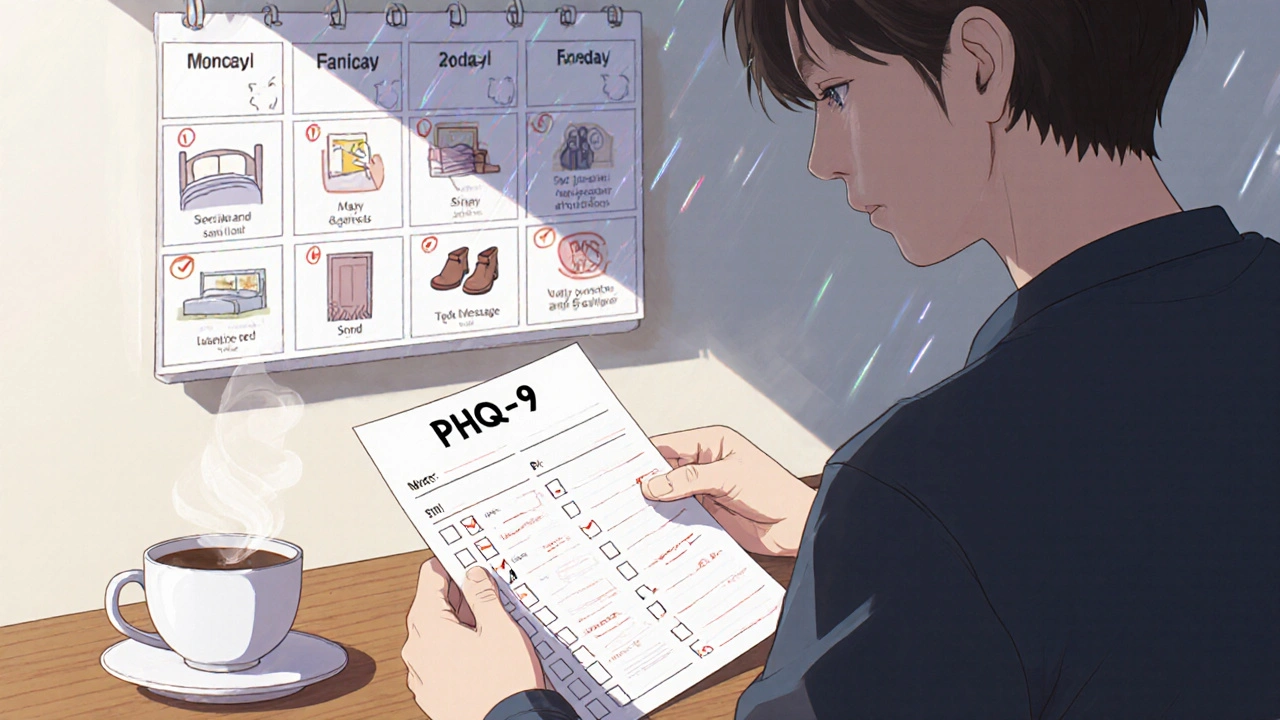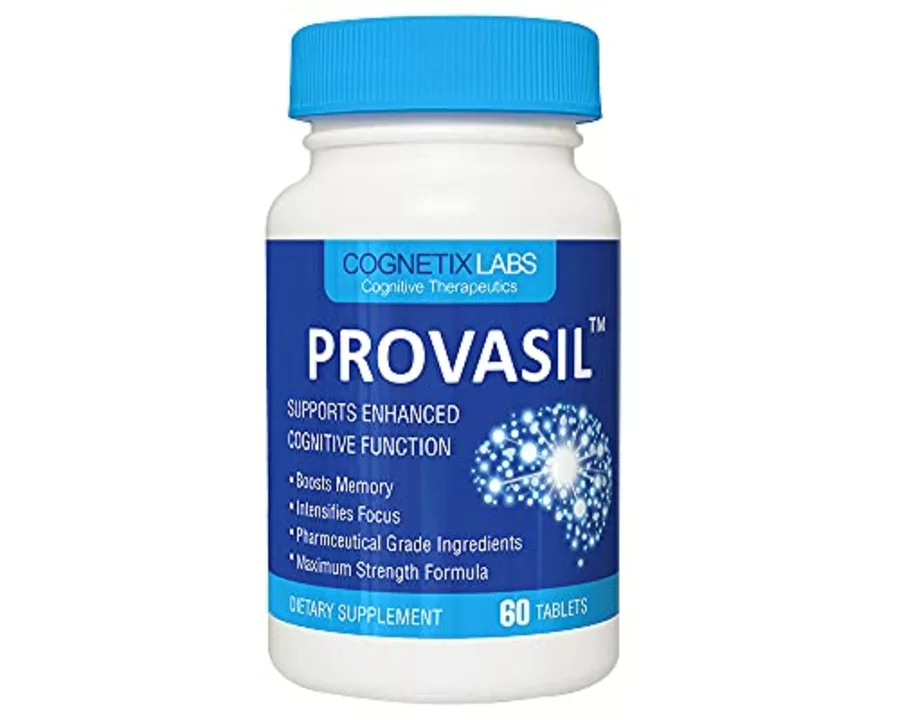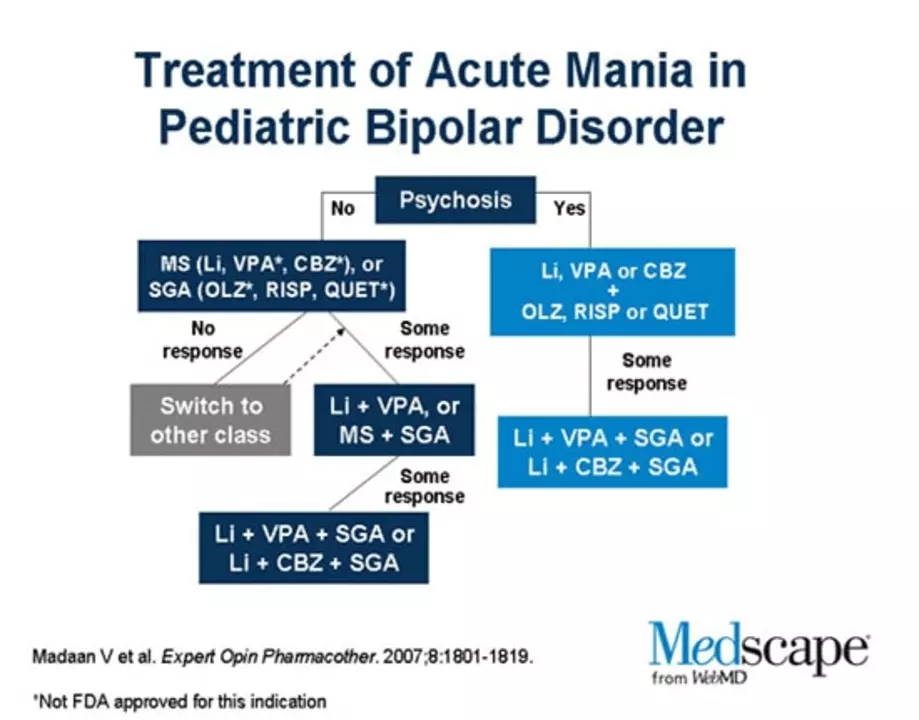Mental Health: Medications, Therapy & Practical Tips
One in five adults faces a mental health challenge each year, and getting clear, practical help matters. This page puts straight answers on common meds, simple therapies, and everyday coping tips so you can make smarter choices or talk better with your doctor.
We cover how medications work, what to ask your prescriber, and how therapy or self-care fits alongside drugs. You’ll find short guides on anxiety, depression, bipolar disorder, and mood-related conditions like PMDD. Each article links to real-world info—what a medication does, typical side effects, and how it may change thinking or memory.
Medications and what they do
Not all psychiatric meds act the same. For example, Buspirone eases anxiety without the sedative hangover common to benzodiazepines; pairing it with mindfulness can boost coping by improving focus and reducing worry. Bupropion is an antidepressant that can help with attention and memory for some people and is also used to support quitting smoking. Gabapentin, though originally for seizures, is sometimes used off-label to stabilize mood swings in bipolar disorder. These posts explain how each drug works, likely benefits, and practical side effects to watch for.
When reading about meds, note dosing patterns, how long effects usually take, and common interactions with supplements or other drugs. Ask a clinician about liver or kidney checks, and whether a medication needs gradual tapering to stop safely. We highlight these points to help you have focused conversations with your prescriber.
Therapy, education, and daily tools
Medication is often part of a bigger plan. Cognitive-behavioral therapy, mindfulness techniques, and psychoeducation can change how you handle symptoms. For example, psychoeducation about PMDD helps people and their families recognize mood patterns and pick practical coping steps like cycle tracking, sleep routines, and targeted therapies. Mindfulness plus medication can reduce relapse risk for anxiety by teaching attention skills that lower reactivity.
Look for pieces that mix clinical info with real-life tips: how to set up a mood diary, questions to bring to an appointment, or ways to manage common side effects like sleep trouble or dry mouth. We also point out when a symptom needs urgent care—severe mood swings, suicidal thoughts, or sudden cognitive decline should prompt immediate professional help.
Scroll through the recent posts below to find concise, reliable reads on each topic. If you want clearer explanations about interactions, memory effects, or off-label uses, our articles break the science into plain language and give next steps you can use right away.
Start with the article on Buspirone and Mindfulness to see how a simple practice can complement medication. Read the Bupropion and Memory piece if you worry about focus or cognitive side effects while treating depression or quitting smoking. The Gabapentin and Bipolar Disorder post explains off-label use, risks, and when to ask a specialist. For mood linked to cycles, the Role of Psychoeducation in Understanding Premenstrual Dysphoric Disorder explains tools families can use. Bookmark posts, save questions, and bring specifics to your next appointment for better care.

How to Monitor Antidepressant Effectiveness and Side Effects: Practical Patient Strategies
Nov 27, 2025, Posted by Mike Clayton
Learn how to track antidepressant effectiveness and side effects using simple tools like PHQ-9 and ASEC. Discover what signs mean it's working, when to ask for blood tests, and how to speak up when side effects are too much.
MORE
Opioids and Depression: How Mood Changes Happen and How to Monitor Them
Nov 16, 2025, Posted by Mike Clayton
Opioids can worsen depression over time, even in people taking them as prescribed. Learn how mood changes happen, how to spot them early, and what steps to take to protect your mental health while managing pain.
MORE
Can Aripiprazole Improve Body Image and Self-Esteem?
Oct 16, 2025, Posted by Mike Clayton
Explore whether aripiprazole can positively affect body image and self‑esteem, reviewing its effects, research findings, and practical tips for managing weight and confidence.
MORE
Buspirone and Mindfulness: A Holistic Approach to Anxiety Treatment
May 27, 2023, Posted by Mike Clayton
As a blogger, I've recently come across a fascinating topic - combining Buspirone and mindfulness as a holistic approach to anxiety treatment. Buspirone is an anti-anxiety medication, while mindfulness is a mental practice that focuses on being present and aware. When used together, they can help individuals manage their anxiety more effectively. This holistic approach allows for better self-awareness and coping mechanisms, ultimately improving overall mental well-being. I can't wait to delve deeper into this topic and share more insights with my readers.
MORE
Bupropion and Memory: The Effects on Cognitive Function
May 6, 2023, Posted by Mike Clayton
As someone who's always curious about the effects of different medications on our brain, I recently stumbled upon some interesting information about Bupropion and its impact on cognitive functions. Bupropion is an antidepressant widely used to treat depression and even help with quitting smoking. From what I've read, it seems that Bupropion has a positive effect on memory and overall cognitive function. It's been associated with improvements in attention, working memory, and executive function in both healthy individuals and patients with depression. However, as with any medication, it's important to consult with a medical professional before starting or changing any treatment plan.
MORE
Gabapentin and Bipolar Disorder: A Promising Treatment Option
May 5, 2023, Posted by Mike Clayton
In my latest blog post, I discuss the potential benefits of Gabapentin for treating Bipolar Disorder. This medication, originally used for epilepsy, has shown promising results in managing mood swings and preventing episodes of mania and depression. I delve into how Gabapentin works and share some recent studies supporting its effectiveness for Bipolar Disorder. However, it's important to note that it may not be suitable for everyone, and consulting a doctor is crucial. Overall, Gabapentin seems like a promising treatment option for those struggling with this complex mental health condition.
MORE
The Role of Psychoeducation in Understanding Premenstrual Dysphoric Disorder
Apr 30, 2023, Posted by Mike Clayton
As a blogger, I've recently delved into the topic of psychoeducation and its role in understanding Premenstrual Dysphoric Disorder (PMDD). Through my research, I've discovered that psychoeducation is an essential tool for raising awareness about PMDD and its symptoms. It helps both individuals and their loved ones recognize the condition and seek appropriate treatment. Furthermore, psychoeducation empowers those affected by PMDD with coping strategies and self-management techniques, ultimately improving their overall well-being. In conclusion, psychoeducation plays a vital role in demystifying PMDD, providing support, and promoting a better quality of life for those who suffer from it.
MORESEARCH HERE
Categories
TAGS
- treatment
- online pharmacy
- dietary supplement
- side effects
- generic drugs
- medication adherence
- medication safety
- health
- dietary supplements
- health benefits
- online pharmacy Australia
- generic substitution
- adverse drug reactions
- thyroid disorders
- gabapentin
- treatment option
- calcipotriol
- blood pressure
- erectile dysfunction
- closer look
